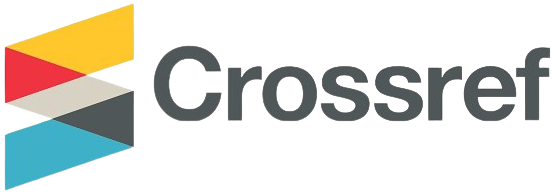CNN-LSTM for MFCC-based Speech Recognition on Smart Mirrors for Edge Computing Command
Abstract
Smart mirrors are conventional mirrors that are augmented with embedded system capabilities to provide comfort and sophistication for users, including introducing the speech command function. However, existing research still applies the Google Speech API, which utilizes the cloud and provides sub-optimal processing time. Our research aim is to design speech recognition using Mel-frequency cepstral coefficients (MFCC) and convolutional neural network–long short-term memory (CNN-LSTM) to be applied to smart mirror edge devices for optimum processing time. Our first step was to download a synthetic speech recognition dataset consisting of waveform audio files (WAVs) from Kaggle, which included the utterances “left,” “right,” “yes,” “no,” “on,” and “off. ” We then designed speech recognition by involving Fourier transformation and low-pass filtering. We benchmark MFCC with linear predictive coding (LPC) because both are feature extraction methods on speech datasets. Then, we benchmarked CNN-LSTM with LSTM, simple recurrent neural network (RNN), and gated recurrent unit (GRU). Finally, we designed a smart mirror system complete with GUI and functions. The test results show that CNN-LSTM performs better than the three other methods with accuracy, precision, recall, and an f1-score of 0.92. The speech command with the best precision is "no," with a value of 0.940. Meanwhile, the command with the best recall is "off," with a value of 0.963. On the other hand, the speech command with the worst precision and recall is "other," with a value of 0.839. The contribution of this research is a smart mirror whose speech commands are carried out on the edge device with CNN-LSTM.













